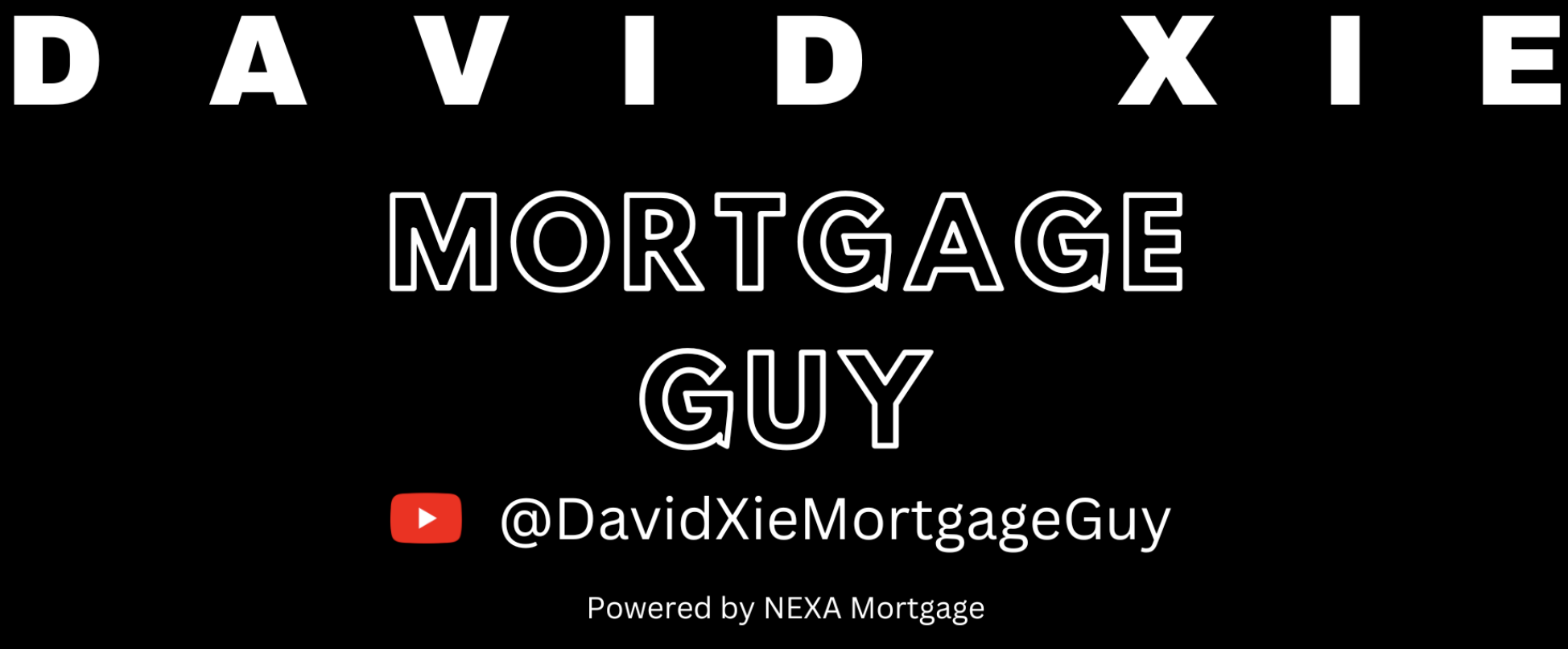In a seller’s market, where demand outpaces supply, buying a home can be particularly challenging.…
Can I Be My Own Real Estate Agent?
Acting as Your Own Real Estate Agent
Yes, you can absolutely act as your own real estate agent during a property transaction. Many individuals choose to represent themselves in real estate deals, even if they do not hold a formal real estate agent license. By taking on this role, you gain unique access to real estate resources and listings that can significantly aid in your property search and transaction process. Representing yourself can save you money on agent commissions and give you full control over the buying or selling process.
Professional Relationship Disclosure
However, navigating the real estate transaction as your own agent does come with certain complexities, especially when it comes to disclosing professional relationships. If the other party in the transaction—whether they are buying or selling—has hired a real estate agent, you must disclose any professional connection you have with that agent. This requirement is crucial to avoid any potential conflicts of interest. For instance, if you are purchasing a home and the seller has employed one of your colleagues as their agent, this situation could create a conflict.
Your colleague, although they may want to facilitate a great deal for you, is professionally obligated to advocate on behalf of their client, who is the seller in this case. This dual responsibility can create tension and potential conflicts of interest, making full disclosure essential.
Handling Conflicts of Interest
To manage this situation properly, you and your colleague should provide a written disclosure to the seller outlining the nature of your professional relationship. This transparency ensures that all parties are aware of any potential conflicts and can proceed accordingly. If the seller agrees to move forward under these circumstances, the transaction can continue without further complications. This process aligns with ethical and legal standards similar to those applied in dual agency scenarios, where a single agent represents both the buyer and the seller in a transaction.
Despite these measures, it is important to proceed with caution. Even with full disclosure and integrity, the seller may still have concerns about the fairness of the transaction. This dissatisfaction can sometimes lead to legal disputes or lawsuits, even if you have adhered to all disclosure requirements. Legal battles, regardless of their outcome, can be costly and damaging to your professional reputation. Therefore, it is often advisable to avoid situations where a conflict of interest might arise.
Seeking Alternative Approaches
Instead of navigating potential conflicts, you might consider utilizing your extensive resources to search for properties listed by individuals or firms with whom you do not have any prior professional relationships. This approach can help you avoid the complexities associated with conflicts of interest and ensure a smoother transaction process. In smaller markets or tight-knit communities, this approach may be more challenging due to the limited number of available properties and the depth of local networks.
By focusing your search on listings from unfamiliar sources or entities, you reduce the risk of encountering conflicts and maintain a clear and straightforward transaction process. Leveraging your resources effectively while avoiding potential legal and ethical pitfalls can lead to a more successful and less stressful real estate experience.





